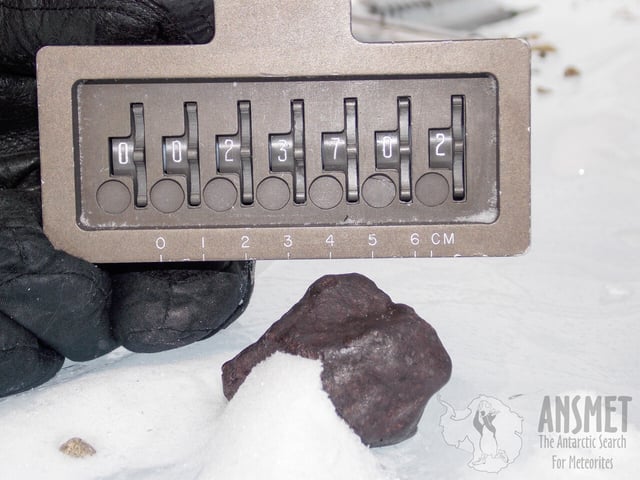Overview
- A University of Oxford study analyzed the enstatite chondrite meteorite LAR 12252, which shares a composition similar to early Earth, to investigate the origin of water.
- Using advanced XANES spectroscopy, researchers identified hydrogen sulfide concentrated in uncontaminated regions of the meteorite, confirming the hydrogen's native origin.
- The findings contradict the long-held view that water was delivered to Earth by asteroids, suggesting instead that Earth's building blocks were rich in hydrogen from the start.
- Regions of the meteorite showing terrestrial contamination, such as rusted cracks, contained little to no hydrogen, reinforcing the conclusion that the detected hydrogen is intrinsic to the meteorite.
- Published in the journal Icarus, the study has significant implications for understanding planetary habitability and the conditions necessary for life formation on other planets.


